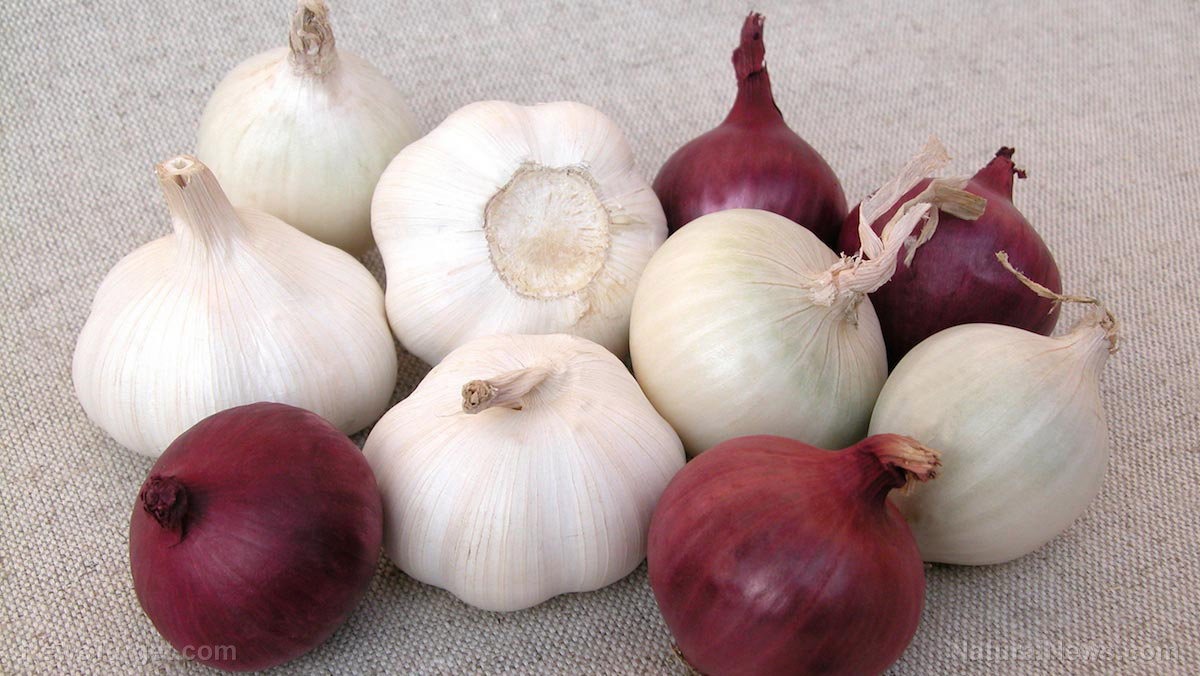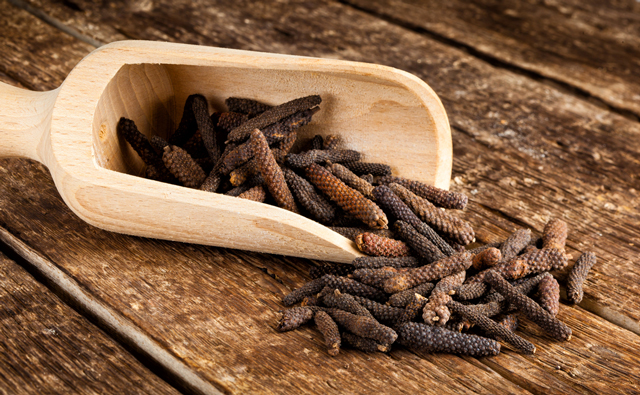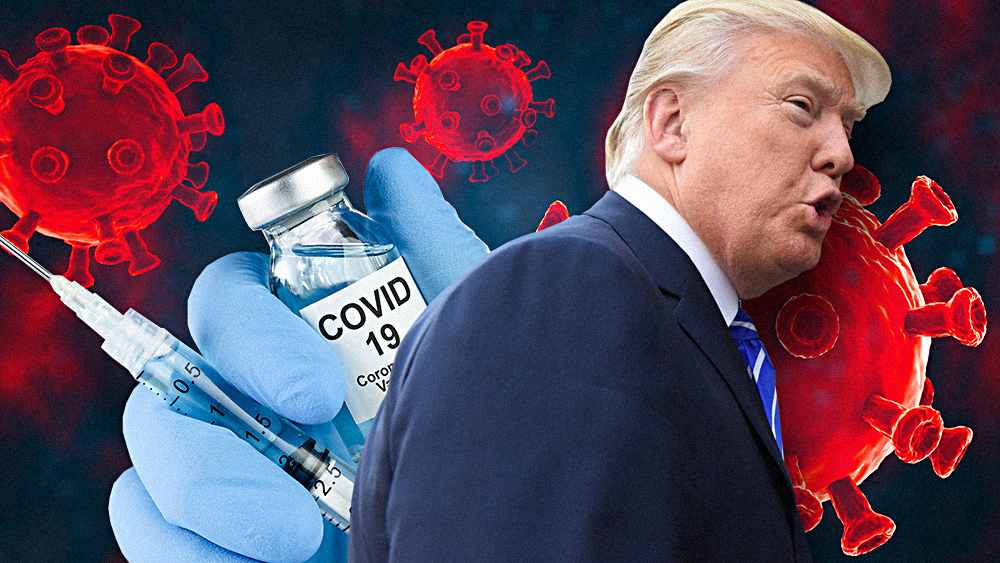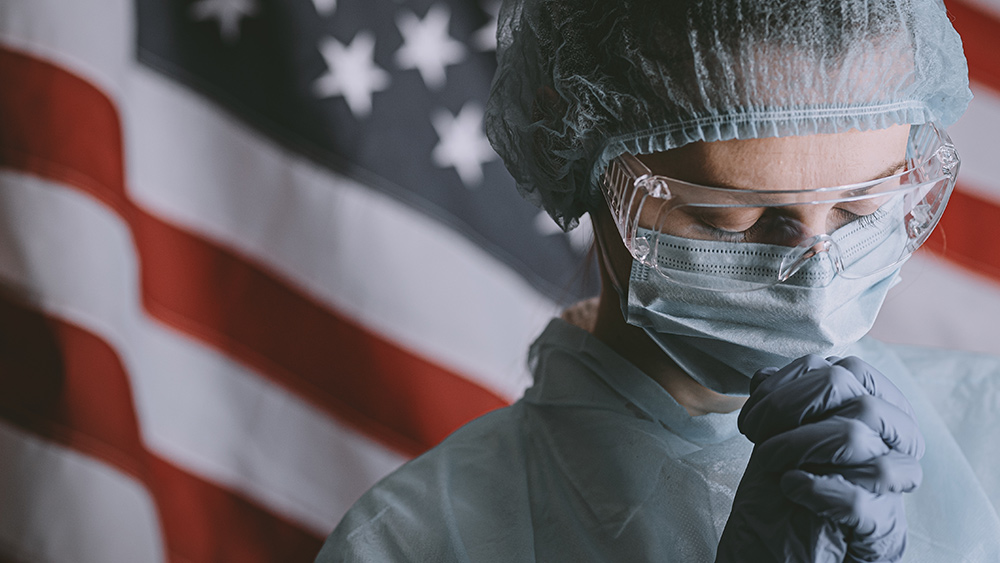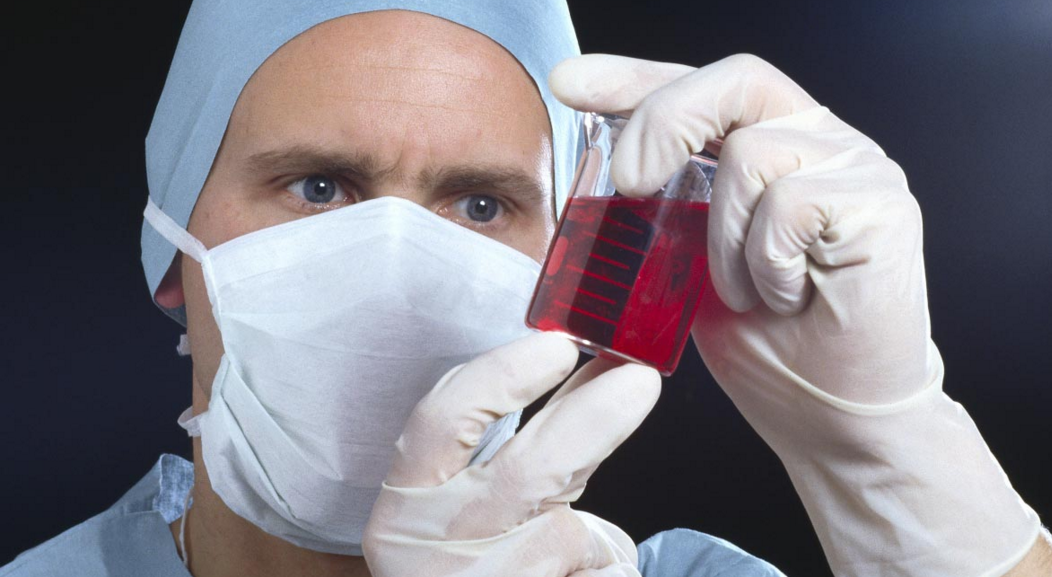Researchers use nanomedicine to eliminate superbugs, turning the tide in the war against infectious disease
09/07/2020 / By Michael Alexander

A team of Australian researchers has discovered a way to find and beat superbugs, a new report has revealed.
As detailed in the academic journal Antibiotics, researchers from the ARC Centre of Excellence in Bio-Nano Science and Technology (CBNS) and the University of South Australia (UniSA) have developed a nanocarrier system that is capable of carrying antibiotics into hard-to-reach infected cells – a feat considered to be a critical breakthrough against many deadly infectious diseases.
“Over time, bacteria have learned how to hide in human cells, making some diseases resistant to antibiotics. To get around this challenge we have put the antibiotic into a very, very small vehicle that enables it to go into the body and kill the invading bacteria hiding in the cells,” UniSA School of Pharmacy and Medical Sciences professor Clive Prestidge stated.
This system consists of mesoporous silica nanoparticles, or MSNPs, that have been loaded with antibacterial medication.
Known for being biocompatible drug carriers, MSNPs are honeycomb-like porous structures with a large number of pores that are capable of encapsulating relatively large amounts of molecules – in this case, the wide-spectrum antibiotic medication rifampicin.
According to the researchers, they were able to successfully load the rifampicin-loaded MSNP into the cells of micro worms that have been infected with Staphylococcus aureus, or golden staph, a type of bacteria known to cause skin and blood infections and pneumonia, among others.
These rifampicin-loaded MSNPs, according to Santhni Subramaniam, UniSA Ph.D. student and researcher, are “eaten” by the infected cells, which then die at a much higher rate when compared to other, more conventional methods. (Related: Scientists develop incredible nanoscale bioabsorbable dressing that can help address various blood loss scenarios.)
“The superior uptake of MSNP by macrophages resulted in enhanced treatment efficacy of the encapsulated rifampicin as compared to free antibiotics,” the research team stated, adding that their method helped improve the efficacy of currently available antibacterial drugs.
This method of delivering drugs into the body, Prestidge said, shows great promise, not just at successfully treating golden staph – a potentially deadly infection that kills around 700,000 people worldwide each year – but also, urinary tract infections and bone and wound infections.
According to the research team, the use of nanocarrier systems such as the one they designed, may reduce the need for long-term treatment with high doses of drugs, thereby reducing a patient’s risks for experiencing any potential side effects from the medication.
More importantly, the research team said, using nanocarrier systems to deliver antibacterial drugs intracellularly could ultimately stall the further development of antibiotic-resistant bacteria – a problem fueled by the over-prescription, as well as the uncontrolled use and misuse of antibiotics.
“There are a number of technologies that are being developed to counter these superbugs. This is just one, but hopefully, for humankind, we are going to have a number of these coming into play over the coming years,” Prestidge explained.
The research team, meanwhile, remains hopeful that, with further investigation and experimentation, as well as the successful translation of their findings in vivo, their nanocarrier system will provide a better delivery platform for antibacterial drugs against intracellular infections in the future.
For more stories about advances in medicine and biotechnology similar to this one, head over to MedicalTech.news.
Sources include:
Tagged Under: antibacterial drugs, Antibiotics, discovery, future science, infectious diseases, injuries, medical tech, nanocarrier system, nanomedicine, nanoscale, nanotechnology, research, superbugs


